Symptoms may include extreme sadness, low energy, anxiety, crying episodes, irritability, and changes in sleeping or eating patterns.
Onset is typically between one week and one month following childbirth.
PPD can also negatively affect the newborn child.
Postnatal Depression is suffered by a mother following childbirth, typically arising from the combination of hormonal changes, psychological adjustment to motherhood, and fatigue.
Postnatal Depression is a type of depression that many parents experience after having a baby.
It's a common problem, affecting more than 1 in every 10 women within a year of giving birth. It can also affect fathers and partners.
Many women feel a bit down, tearful or anxious in the first week after giving birth.
This is often called the "baby blues" and is so common that it's considered normal.
The "baby blues" do not last for more than 2 weeks after giving birth.
If your symptoms last longer or start later, you could have Postnatal Depression.
Postnatal Depression can start any time in the first year after giving birth.
Many women do not realise they have Postnatal Depression, because it can develop gradually.
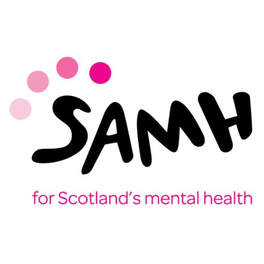
Today, in over 60 communities SAMH work with adults and young people providing mental health social care support,services in primary care, schools and further education, among others.
SAMH operates over 60 services in communities across Scotland.
Today SAMH still run thriving horticultural projects that operate amongst our 60 services in communities across Scotland.
SAMH services are person-centred and based on an ethos of recovery.
SAMH's peer support workers, each with their own experience of mental health problems, support others towards recovery.
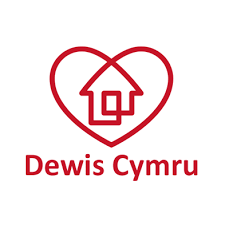
When Dewis Cymru talk about your well-being, they don't just mean your health.
Dewis Cymru mean things like where you live, how safe and secure you feel, getting out and about, and keeping in touch with family and friends.
No two people are the same and well-being means different things to different people, so Dewis Cymru is there to help you find out more about what matters to you.
Dewis Cymru has got information that can help you think about what matters to you, and they also have information about people and services in your area that can help you with the things that matter to you.
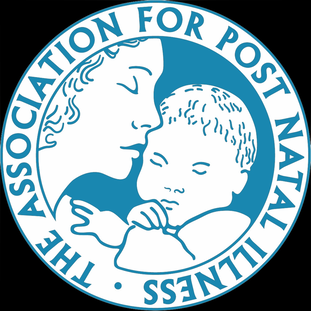
APNI have a telephone helpline open between 10:00-14:00 Monday to Friday and can also offer advice via email or chat via their website.
APNI have a network of volunteers who are mothers who have recovered from postnatal illness and provide one to one support via email or phone.
Depressed mothers are contacted at regular intervals throughout their illness and the recovery period.
The relationship between the volunteer and depressed mother is regularly monitored.
Most women find it a great relief to talk to someone who really understands how they feel.
APNI also run a support service for the partners and families of depressed mothers.
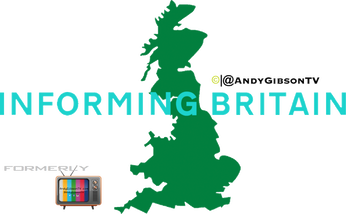
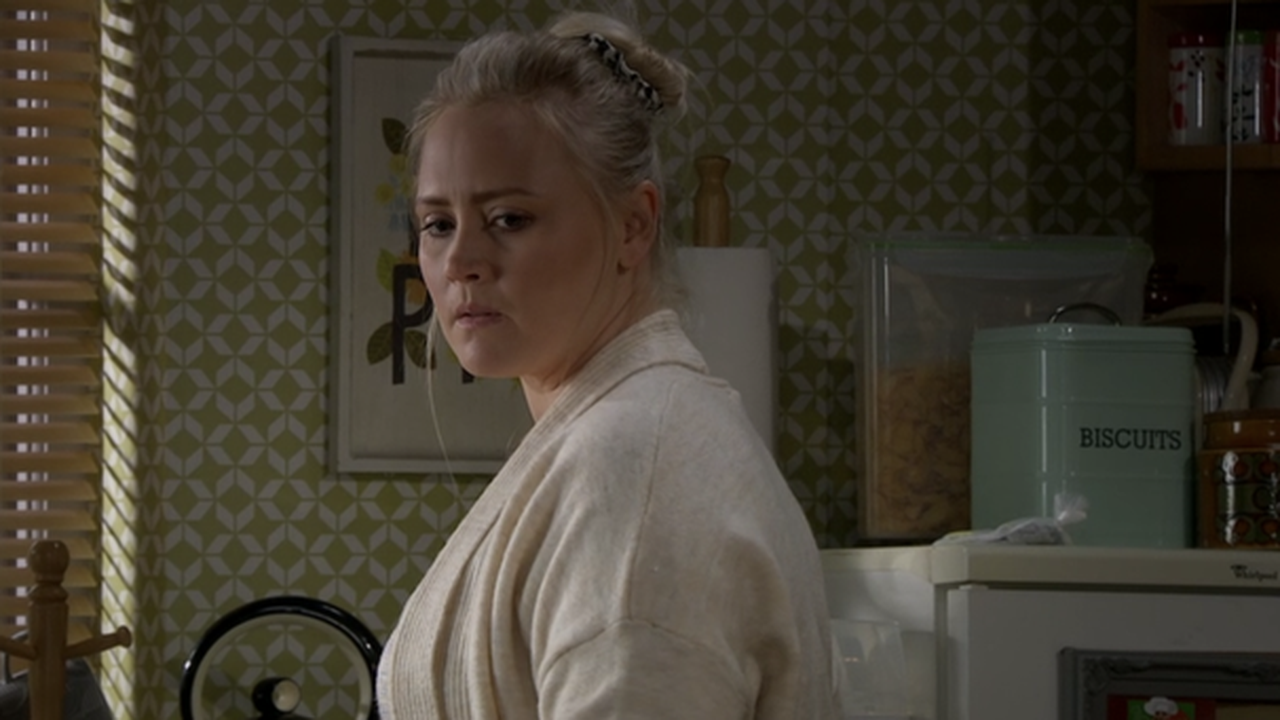
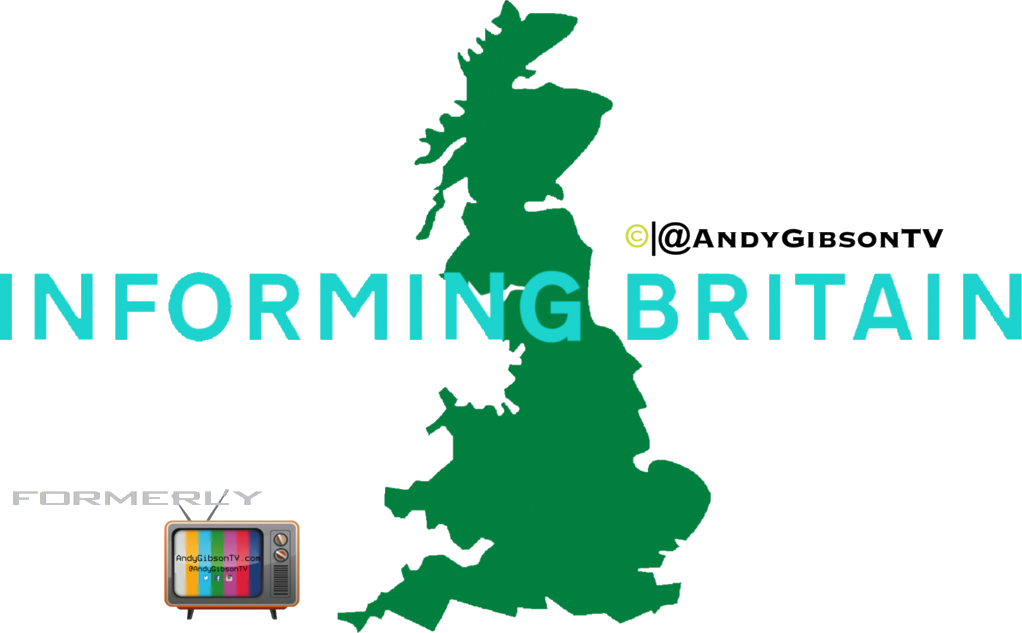
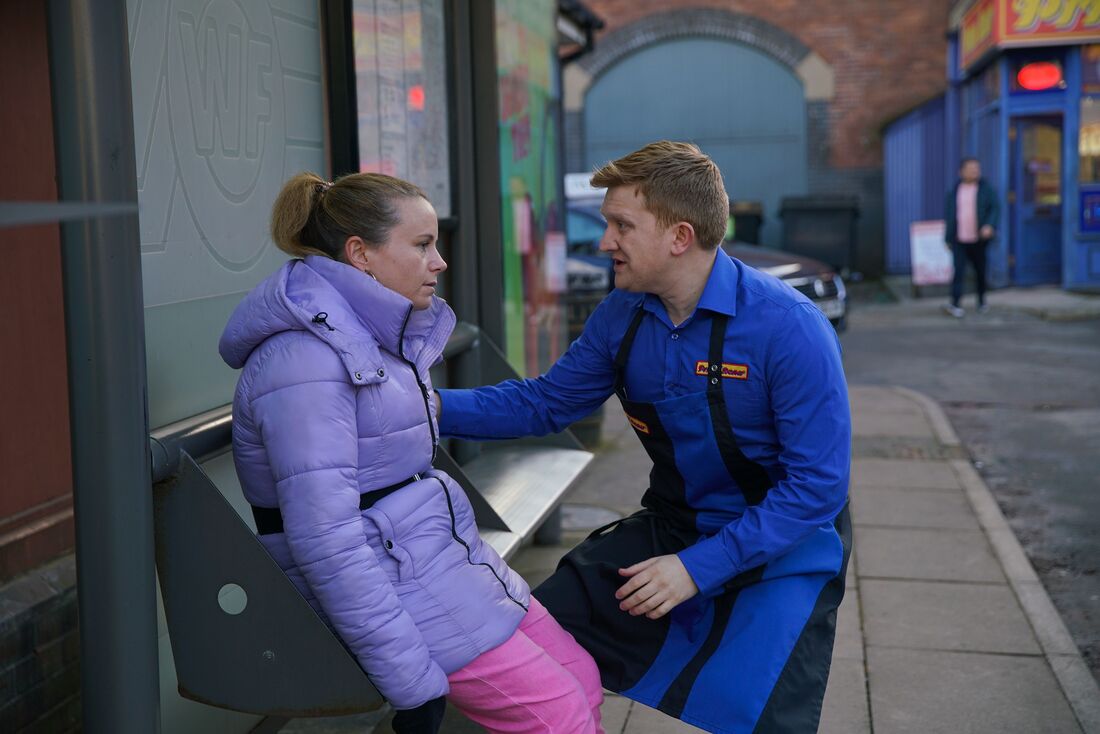

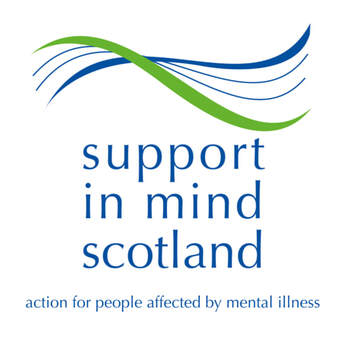
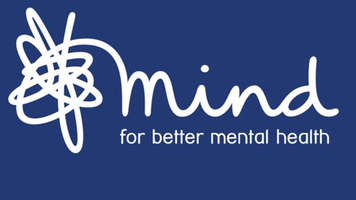
 RSS Feed
RSS Feed
